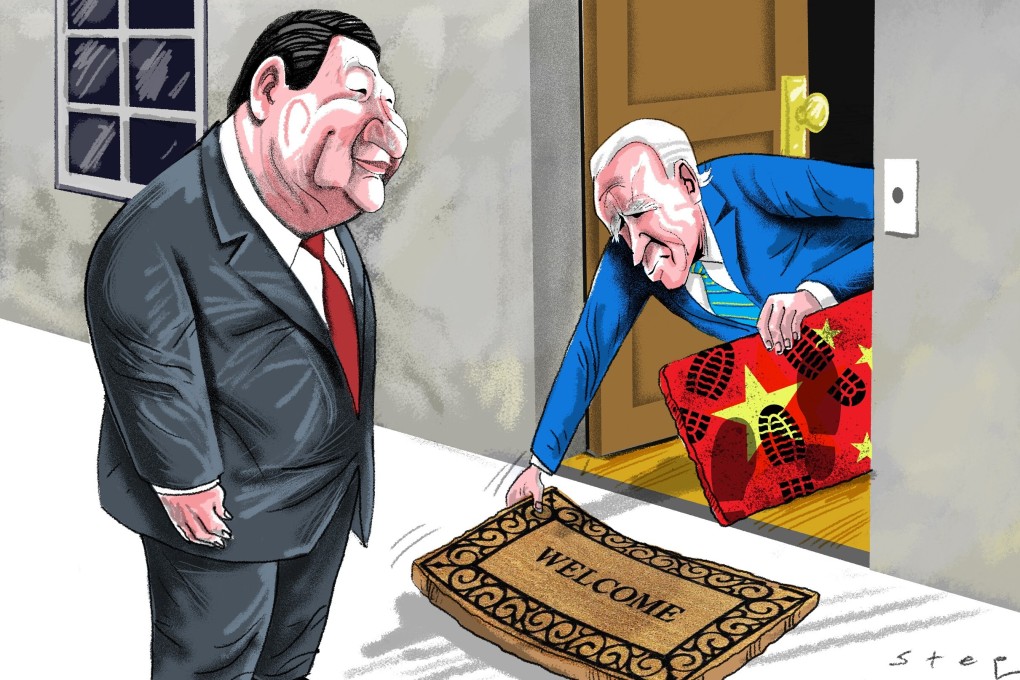Opinion | US-China relations: door is open for Biden and Xi to move beyond Trump-era hostilities
- Whether the US and China can forge agreements on broader coexistence is uncertain. Cautious pragmatism may be the best one can hope for while the dangers of miscalculation or worse continue to rein in more extreme views on both sides

Beijing and Washington will have an opportunity to improve relations when US President-elect Joe Biden is sworn in on January 20. After four years of acrimony, it won’t take much. The inflammatory White House rhetoric will surely cease, including the litany of “China virus” barbs.
The United States and China are different countries now than they were four years ago. Both have entered a new phase in their bilateral relations, and definitions of what passes for normal will need to adjust to the circumstances.
This much is certain – there is no going back to the way things were, no blank slate, no reset between countries with such a long and complicated history. To be sanguine about the cosy incoherence of previous US administrations’ China policies is to drift with fanciful illusions.

02:14
Japan-US hold joint military drills including cyberwarfare training as concerns about China grow
